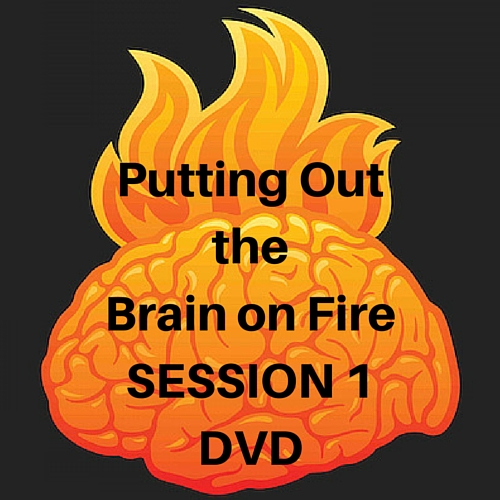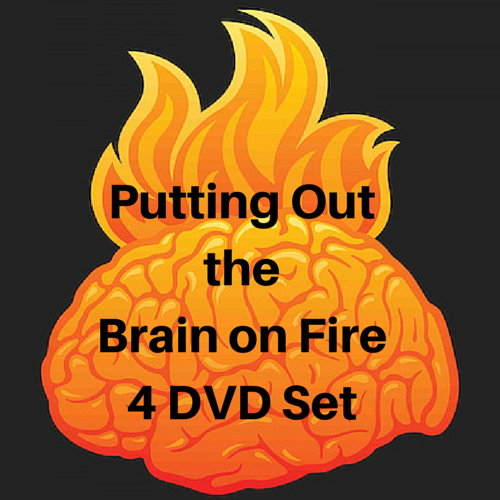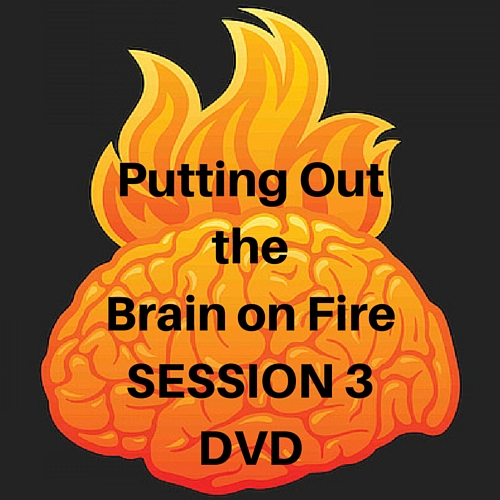Description
In the “Putting Out The Brain On Fire” this seminar series Dr. Schmitt integrates structural, chemical, and mental procedures to optimize brain and brainstem functions, and put out the “Brain on Fire.”
This seminar series launches with two sessions to achieve an understanding of how to approach the immune system and inflammation through AK testing. These tools are necessary for applying the clinical principles of brain evaluation and treatment, covered in Sessions 3 & 4.
You will be amazed with the changes that can be made using your hands, nutritional tools, and your own brains.
- For rapid implementation into your practice:
- Ordered Procedures
- Summary Notes included
- Neurological evaluation synthesized with AK procedures
Some of the Common Neurological Symptoms & Conditions That Respond to the
Topics in this Seminar Series
• Memory Problems
• Anxiety
• Depression
• Bipolar Disorder
• Pain & Recurrent Pain
• Mental fatigue / Brain fag
• Sleep Issues
• Learning Issues
• Named & Unnamed Autoimmune Disorders
• Multiple Sclerosis
• Parkinson’s Disease
• Recurrent structural faults
SESSION 1:
VISCERAL AND IMMUNE DYSFUNCTIONS – WHAT TO DO FIRST, NEXT & LAST – 1
Cooling Off the Mesencephalon:
The TMJ as an Indicator of Autonomic, Endocrine, and Immune Activity
Many principles of neurology are best observed by manual muscle testing with different areas of the nervous system presenting different patterns of weakness or tightness. Autonomic, endocrine, and immune system imbalances are reflected in the mesencephalon (midbrain) where these influences impact the entire central nervous system, both above and below the mesencephalon. Newly discovered TMJ findings clarify these relationships. Dr. Schmitt will demonstrate how and when to address these factors in an orderly fashion.
Course Outline:
MONITORING THE MESENCEPHALON
Pupillary Reflexes
TMJ Movements
3 Variations of Manual Muscle Testing
Brain on Fire / Mesencephalon on Fire
Switching – Neurological Patterns
Visceral Challenge Technique
AUTONOMIC CHALLENGES
The Eyes Have It
TMJ Sympathetic & Parasympathetic Challenges
VISCERAL REFFERED PAIN AREA CHALLENGES
Mesencephalon Motor Pathways & Patterns
The Cerebellum & Autonomic Activity
TMJ Movement Challenges REFLECT VISCERAL PROBLEMS
Local Organ Immune Status
How Visceral Disorders Affect CNS Activity
Small & Large Intestine
Liver & Gall Bladder
Pancreas & Stomach
Other Organs
Immune Effects on CNS Activity
Thymus & Spleen
the TMJ, The Spine, & Endocrine Function
DEMONSTRATIONS OF FULL PROCEDURE









